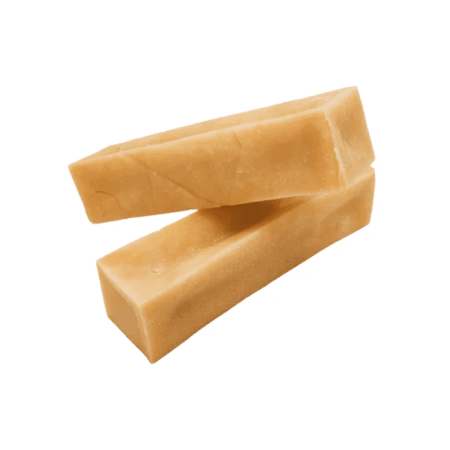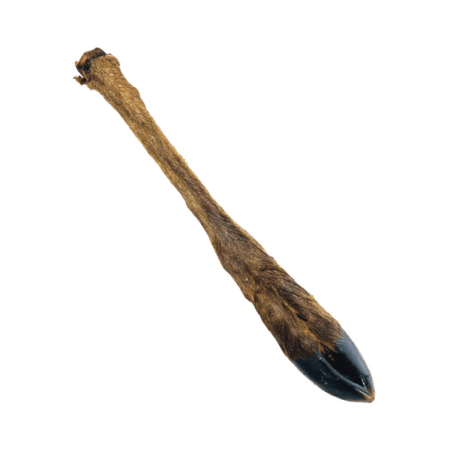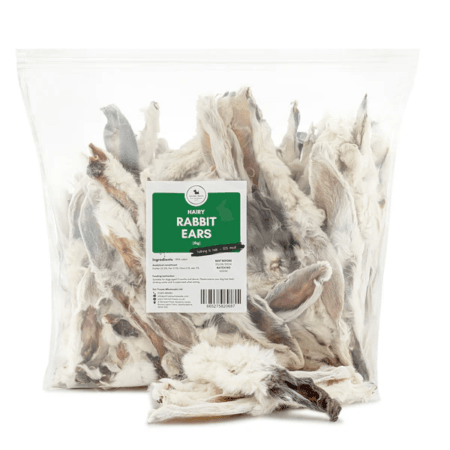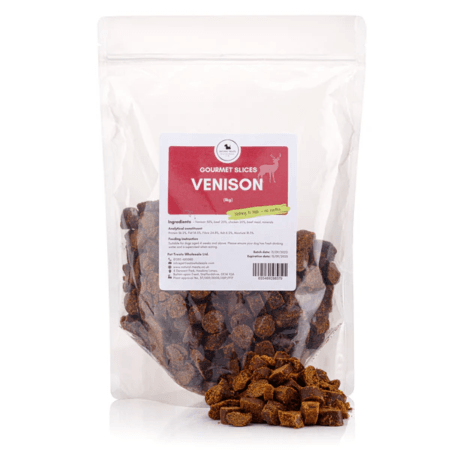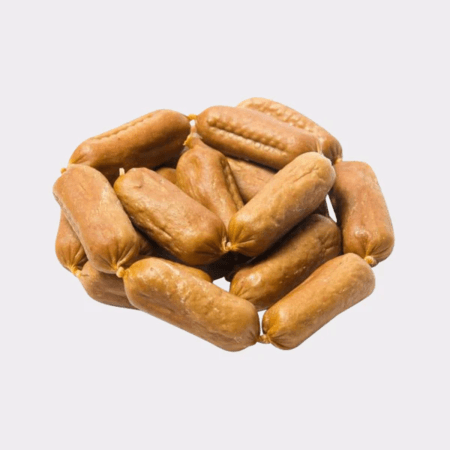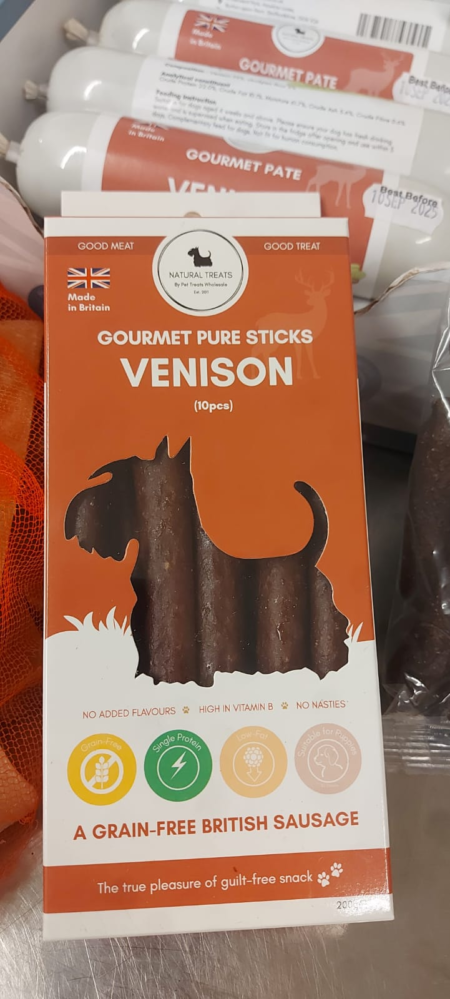Understanding Dental Health in Dogs
Dental health is a critical aspect of overall well-being in dogs that is often overlooked by pet owners. Just like humans, dogs can suffer from various dental issues if their oral hygiene is not properly maintained. Poor dental hygiene can lead to serious problems, including periodontal disease, which is an infection of the tissues surrounding the teeth. This condition can progress to tooth loss and may even have systemic effects on a dog’s health, potentially leading to issues with vital organs such as the heart, liver, and kidneys.
The anatomy of a dog’s mouth consists of several parts, including teeth, gums, and oral tissues. Dogs typically have 42 adult teeth, which are designed for tearing and chewing their food. Their gums and surrounding tissues play a crucial role in securing these teeth in place. Unfortunately, dental diseases are common among dogs, with plaque and tartar build-up being primary contributors to periodontal issues. Furthermore, as dogs age, they become increasingly susceptible to dental conditions, necessitating routine dental care.
Pet owners should be vigilant for signs of dental problems in their dogs, such as bad breath, swollen gums, difficulty chewing, or noticeable changes in behavior. These symptoms can indicate underlying dental diseases and should be addressed promptly with a veterinarian. Regularly incorporating dental care products, including raw treats and frozen treats specifically designed for oral health, can make a significant difference. These types of treats not only satisfy your dog’s chewing instincts but also help reduce plaque and tartar buildup. By understanding the importance of dental health and recognizing potential issues, pet owners can take proactive steps to ensure their furry companions maintain healthy smiles.
Choosing the Right Dental Treats
When it comes to maintaining your dog’s dental health, selecting the right dental treats can play a crucial role. The market is filled with various options, including raw treats, frozen treats, and dried natural treats, each offering unique benefits. However, dog owners must be discerning when choosing dental treats to ensure they effectively promote oral hygiene and are suitable for their dog’s specific needs.
One essential factor to consider is the inclusion of key ingredients that support dental health. Look for treats that contain enzymes, which can help break down plaque and tartar buildup. Natural abrasives, such as grains or fibrous vegetables, can also aid in mechanically cleaning your dog’s teeth as they chew. Additionally, incorporating probiotics can support your dog’s overall oral health by balancing the bacteria in their mouth.
Size and chewing ability are paramount when selecting dental treats. Dogs have varying levels of chewing strength, and a treat that is too hard may pose a choking hazard or lead to dental fractures. Ensure that the treat is appropriate for your dog’s size—smaller breeds may require petite snacks, while larger dogs may benefit from more robust options. Manufacturers often provide recommendations based on weight, making it easier to choose treats that align with your dog’s size and chewing habits.
Furthermore, look for certifications or endorsements from veterinary organizations that endorse the dental health benefits of specific treats. Products validated by professionals are generally more reliable and effective. In summary, make careful choices when selecting dental treats by focusing on their ingredients, size compatibility, and reputable certifications, ensuring a healthier mouth for your beloved pup through enjoyable and beneficial options.
Homemade Treats for Optimal Dental Care
Creating homemade treats for your dog not only allows you to monitor the ingredients used but also helps to ensure that your four-legged friend enjoys wholesome, healthy snacks. By opting for raw treats or fresh ingredients, you can avoid the preservatives commonly found in commercial products. This not only enhances the nutritional value but also satisfies your pet’s taste buds.
One popular recipe is for carrot and pumpkin dental chews. Carrots are an excellent source of beta-carotene, which supports eye health, while pumpkin offers dietary fiber and promotes good digestion. To create these treats, simply blend together one cup of mashed pumpkin, one cup of grated carrots, two cups of whole wheat flour, and one egg. Roll the dough into small balls or shape it into fun designs before baking at 350°F (175°C) for 25 minutes. Allow to cool and store in an airtight container for up to two weeks.
Another fantastic option is oats and peanut butter treats. Oats provide soluble fiber that can aid in maintaining healthy blood sugar levels, while peanut butter is a beloved flavor among dogs. For this recipe, mix one cup of unsweetened peanut butter, one cup of oats, and a quarter cup of water until combined. Shape the mixture into small discs or bites and bake for about 15-20 minutes at 350°F (175°C). These treats can also be stored in a cool dry place, making them perfect for frozen treats too. Simply freeze leftovers for an easy snack later.
By making your own treats, you can ensure that your dog’s dental health is supported through nutritious ingredients. The aforementioned recipes highlight just a couple of ways to combine dental-friendly ingredients to create delicious treats that also promote overall health. Investing time in preparing these delights significantly contributes to your pup’s well-being while establishing a bonding experience.
Incorporating Dental Treats into Your Dog’s Routine
Integrating dental treats into your dog’s daily routine can significantly enhance their oral health while also serving as a delightful reward. To ensure proper dental care, it is essential to establish a consistent schedule for offering these treats. Many pet owners find that including dental treats alongside regular feeding times promotes better habits. For example, allocating a specific time each day for dental treats can transform this practice into an anticipated event for your pet.
The frequency of administering dental treats should be tailored to your dog’s needs and the specific product guidelines. Typically, providing dental treats two to three times a week can be beneficial without overindulging your pet. It’s important to monitor portion sizes according to the manufacturer’s recommendations to avoid excessive calorie intake. This can help maintain a healthy weight while still incorporating these functional treats into their diet.
To bolster the effectiveness of dental treats, it is advisable to pair this practice with other dental hygiene methods. Regular tooth brushing, along with professional cleanings at the veterinarian, complements the use of treats. In addition, utilizing games or interactive toys that encourage chewing can elevate dental health efforts. For instance, engaging your dog in a game of tug or fetch after they have enjoyed their dental treat can increase their motivation to chew, further aiding in plaque removal.
Besides enhancing dental hygiene, making these practices enjoyable for your dog is key. Consider incorporating training techniques that reward your dog for chewing on treats, reinforcing their positive behavior. This holistic approach not only helps maintain their dental health but also fosters a stronger bond between you and your pet. Overall, consistent veterinary check-ups, combined with a thoughtful routine of dental and raw treats, will ensure your dog enjoys optimal dental health throughout their life.
Showing 1–6 of 10 results


